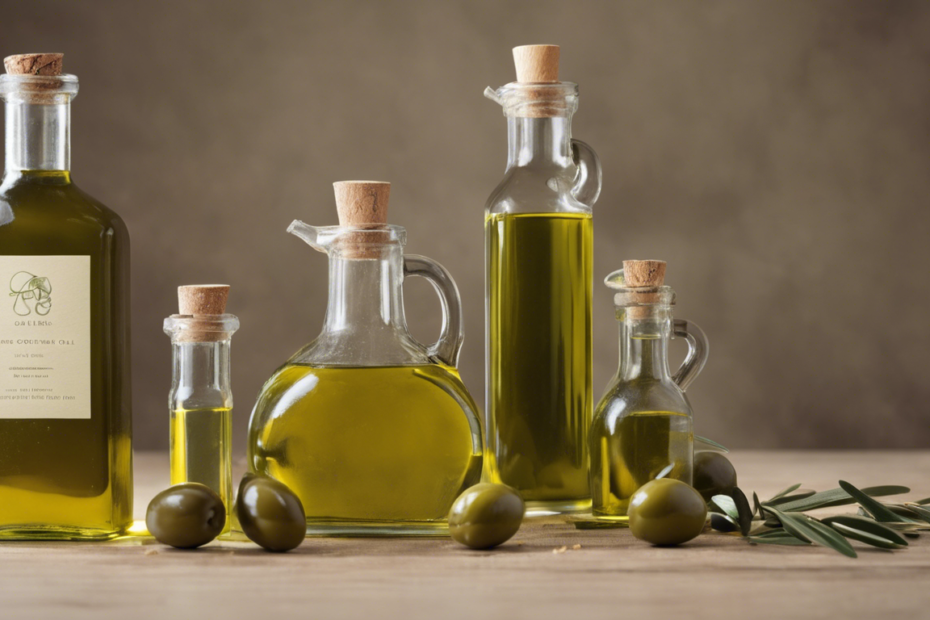Have you ever wondered what it takes to turn those beautiful olives into delicious, fragrant olive oil?
In this ultimate guide, we’ll walk you through the entire process of crafting your own olive oil at home, from understanding the basics of olive oil extraction to the essential equipment you’ll need.
Whether you’re a culinary enthusiast or just curious about the art of olive to oil, this guide is designed for you!
Let’s dive into the world of home olive oil crafting and discover the tips and techniques that will elevate your culinary creations.
Tips and Techniques for Perfecting Your Olive Oil Crafting
Crafting the perfect olive oil at home can be a delightful and rewarding experience, especially if you’re a seasoned oil aficionado or a budding enthusiast eager to explore the world of flavors.
Start by choosing high-quality olives; the variety you select – whether it’s Kalamata for a fruity punch or Arbequina for a buttery touch – can significantly influence your oil’s character.
When it comes to processing, be sure to crush the olives promptly after harvest to prevent any deterioration in flavor; a traditional stone mill can offer an authentic touch, while modern methods can provide convenience and efficiency.
As you press the olives into oil, pay attention to the temperature; keeping it cool can help maintain the delicate aroma and taste you want.
Lastly, storing your homemade olive oil in a dark, cool place will preserve its vibrant quality.
Take these tips to heart, and you’ll transform your passion for oil into an artisanal masterpiece that elevates any dish!
Frequently Asked Questions
What are the essential ingredients needed to make olive oil at home?
To make olive oil at home, you primarily need fresh olives, as they are the main ingredient.
Additionally, you’ll need water to wash the olives, and optionally some salt for flavoring during the bottling process, depending on your preference.
What equipment do I need to extract olive oil at home?
At a minimum, you’ll need a fruit press or a mortar and pestle for crushing the olives, a centrifuge or a simple press for oil extraction, and bottles for storing your finished olive oil.
A standard blender can also work for small batches.
How do I ensure the best quality olive oil when making it at home?
To ensure the best quality olive oil, use ripe, fresh olives and avoid any that are bruised or moldy.
It’s important to process the olives quickly after harvesting to retain the flavor and nutrients.
Additionally, experimenting with different extraction techniques may also help improve quality.
Is it difficult to make olive oil at home?
While making olive oil at home requires some knowledge and effort, it can be a rewarding experience!
With the right equipment and a bit of practice, you can produce high-quality oil.
Just be patient as you learn the process.
Can I use any type of olives to make olive oil?
Yes, you can use different varieties of olives to make olive oil.
Each type of olive will yield oil with distinct flavors and characteristics.
Experimenting with various types like Kalamata, Arbequina, or Manzanilla can lead to different and exciting results in your homemade oil.
